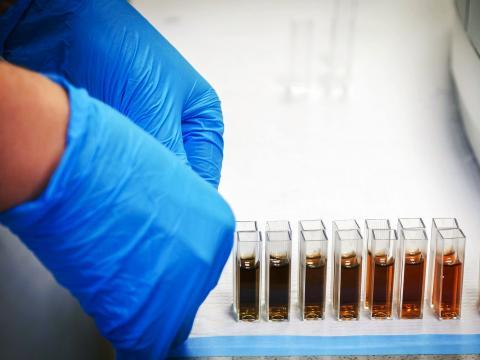
GPMLS-BMC lecture Thursday 25th of August at 11:00, in Oddi room 101
Speaker: Dr. Dominique Duncan, Assistant Professor of Neurology, Neuroscience, and Biomedical Engineering, Laboratory of Neuro Imaging, USC Stevens Neuroimaging and Informatics Institute, Keck School of Medicine of USC, University of Southern California, USA
Title: Large-scale data archives and analytic tools for neurological disorders
Abstract: The Epilepsy Bioinformatics Study for Antiepileptogenic Therapy (EpiBioS4Rx) is a multi-site, international collaboration including a parallel study of humans and an animal model, collecting MRI, EEG, and blood samples. The development of epilepsy after traumatic brain injury (TBI) is a multifactorial process and crosses multiple modalities. Without a full understanding of the underlying biological effects, there are currently no cures for epilepsy. This study aims to address both issues, calling upon data generated and collected at sites spread worldwide among different laboratories, clinical sites, in different formats, and across multicenter preclinical trials. Before these data can even be analyzed, a central platform is needed to standardize these data and provide tools for searching, viewing, annotating, and analyzing them. We have built a centralized data archive that will allow the broader research community to access these shared data in addition to analytic tools to identify and validate biomarkers of epileptogenesis in imaging and electrophysiology as well as in molecular, serological, and tissue data. Besides EpiBioS4Rx, we have also developed other large-scale multimodal data archives, including the Data Archive for the BRAIN Initiative (DABI) and the COVID-19 Data Archive (COVID-ARC) to encourage collaboration and expedite research in these areas.
